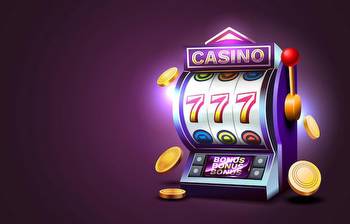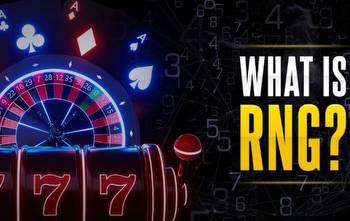Probability Algorithms and Random Number Generation Impact the Integrity of Crypto Gaming

Cryptocurrencies have had a dizzying rise in popularity over the past decade. They have made significant strides from little-known commodities exchanged for food and other oddities to a $1.14 trillion industry with millions of daily transactions. The online gambling industry is among those adopting digital currencies, including Bitcoin, USDT, Ethereum, Dogecoin, and Litecoin. This fashion money functions like fiat currencies, offering access to real money games and bonuses in online casinos. The blockchain technology on which they are exchanged has incredible features of decentralization, transparency, tamper resistance, and autonomy.
Digital money is an outstanding innovation, but it has yet to stir as much impact in online gambling sites as random number generation and probability algorithms. These mechanisms lay the foundation for a casino’s integrity. Here’s a closer look at each one and its impact on crypto gambling.
Random Number Generators (RNGs) In Crypto Gaming
A Random Number Generator is a program that generates random results using complex mathematical formulas. It creates long codes, sometimes into the billions, to produce results of a random probability. Software developers use this program to produce random sequences in crypto casino games.
Since RNGs are responsible for every slot spin, card draw, and dice roll result, they play a significant role in delivering fair and transparent gaming experiences. Therefore, online crypto casinos reassure their clients that their RNGs are tamper-free by undergoing testing by regulatory institutions and independent bodies. For instance, in Michigan, the niche is regulated by the Michigan Gaming Control Board.
RNGs are beneficial innovations for not only gamblers but also crypto casinos, ensuring no party gets jilted by the other. Since RNGs generate random numbers for each game round, keeping track of cards like in a traditional land-based casino is impossible. This makes card-counting tricks redundant in online casinos.
Probability Algorithm in Crypto Gaming
Probability algorithm in gambling simply refers to the odds of a game – the likelihood a wager on a specific outcome will yield. Online casinos use algorithms to produce odds given in favorable vs. unfavorable ratios. For instance, in American Roulette, the odds of winning from straight bets is 35 to 1; this means you’d get $35 for every successful $1 wager.
On the other hand, online slot payouts are determined by a spin outcome and not odds. The payout outcomes are expressed as Return to Player (RTP) percentages. They indicate the portion of a stake you can theoretically get back after playing a game for a while. For instance, if a pokie has a 95% RTP rate, you will likely receive $95 if you gamble $100. However, it cannot be used to predict game results accurately.
The Positive Impact of RNGs and Probability Gambling on Crypto Gaming
Random Number Generators and probability algorithms go a long way in establishing trust in the online gambling industry. In US states where gambling is legal and regulated, these mechanisms are expected in all casino games for transparency and fairness.
Crypto casinos adopting these elements have increased participation as they gain gamblers’ trust. They also meet gambling regulations easily since they produce fair gaming results and create a safe environment for you to engage in them.





































